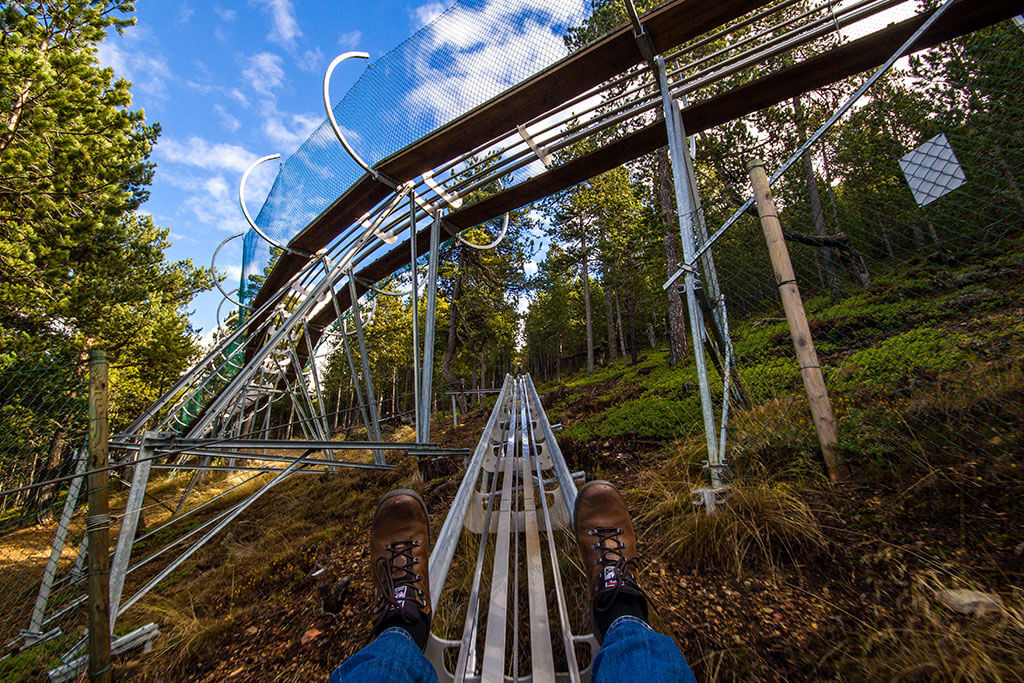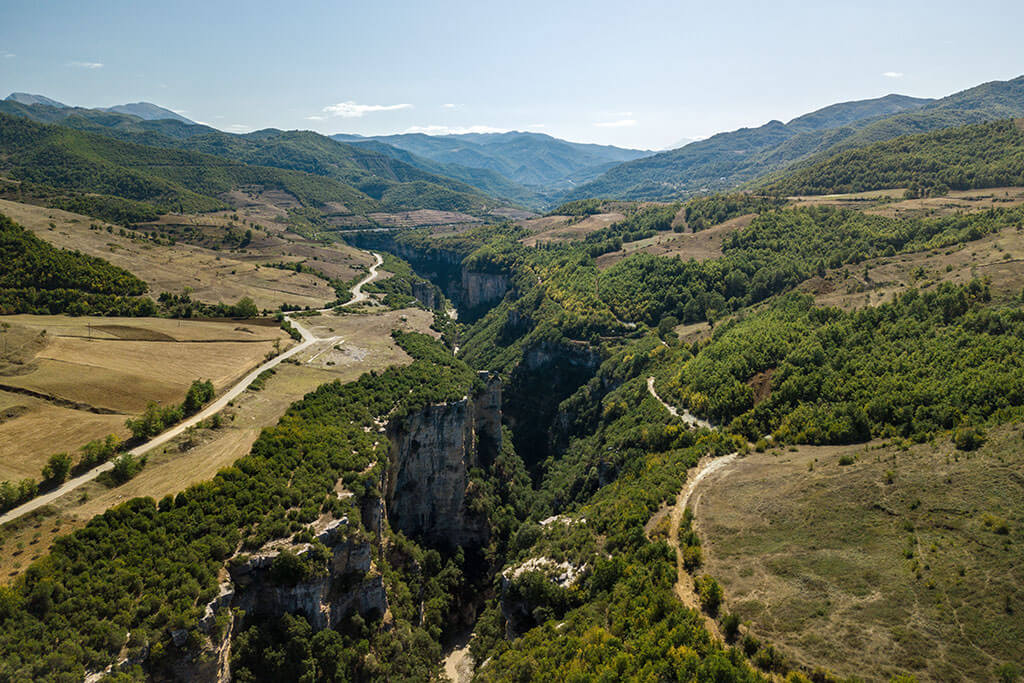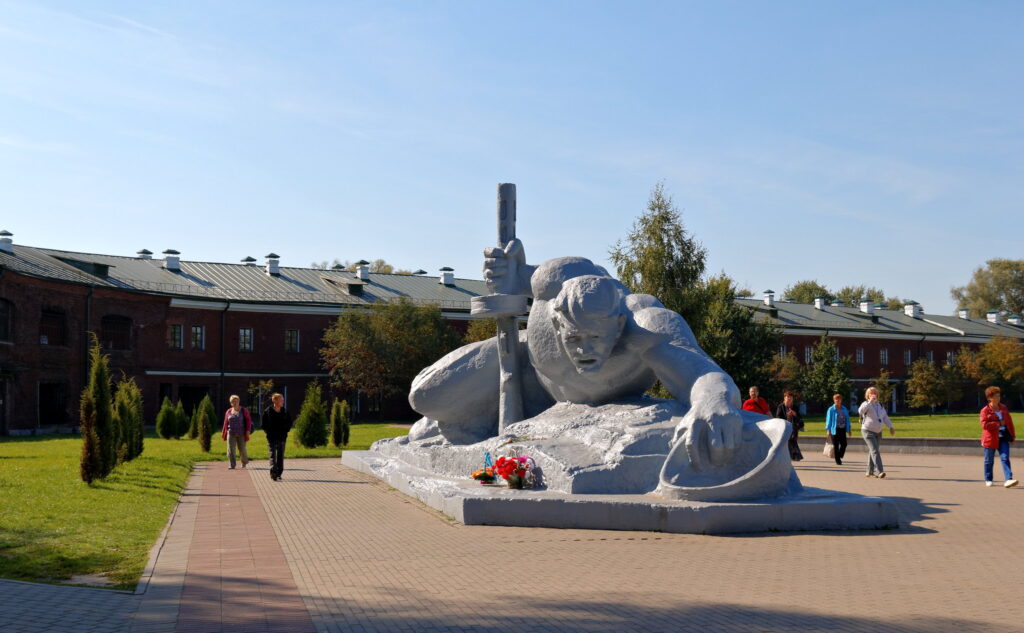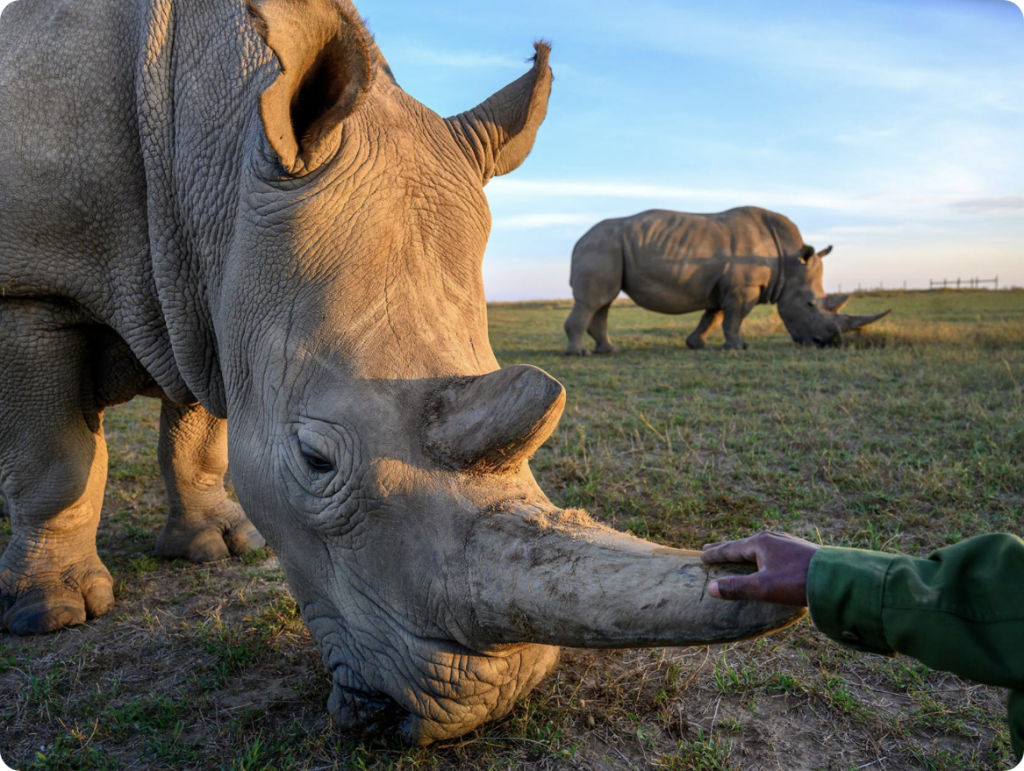Are you ready to take your yoga practice to the next level? Advanced yoga poses can offer a whole new world of strength, flexibility, and mindfulness. While these poses can be challenging, they also bring a sense of accomplishment and joy when mastered. In this blog post, we will explore various advanced yoga poses, breaking down each step and offering tips for success. Whether you’re looking to impress in your next class or simply want to deepen your practice, these tutorials are for you. Let’s dive into the wonderful world of advanced yoga!
What Are Advanced Yoga Poses?
Advanced yoga poses are more complex than the basic postures most beginners learn. They require strength, flexibility, and focus. Some well-known advanced poses include Handstands, Crow Pose, and King Pigeon Pose. These poses not only challenge your body but also your mind. They help improve concentration and teach you to be present in the moment.
Preparing Your Body
Before attempting advanced poses, it’s crucial to prepare your body. This means warming up with simpler poses that increase flexibility and strength. Poses like Downward Dog, Plank, and Warrior I can help prepare your muscles for the challenge ahead. Always listen to your body and ensure you’re in a comfortable state to avoid injury.
Handstand Tutorial: Inversion with Grace
Step 1: Find Your Balance
Start in Downward Dog. Kick one leg up while keeping the other on the ground. Focus on finding your balance. It might take time, but don’t rush it.
Step 2: Use the Wall
For support, practice against a wall. Kick your legs up while facing the wall. This will help you feel the sensation of being upside down without the fear of falling.
Step 3: Engage Your Core
Engaging your core is essential for a strong handstand. Focus on pulling your belly button in toward your spine as you lift your legs. This helps stabilize your body in the air.
Step 4: Kick Up
From the wall, try kicking both legs up together. Remember to breathe! You can always come down if you feel uneasy.
Crow Pose Tutorial: Balancing on Your Arms
Step 1: Start in a Squat
Begin in a deep squat with your feet together. Place your hands on the ground in front of you.
Step 2: Bend Your Elbows
Bend your elbows to create a shelf for your knees. This is where you’ll balance.
Step 3: Shift Your Weight
Lean forward, transferring your weight into your hands. Lift your feet off the ground, balancing on your arms.
Step 4: Find Your Focus
Stay focused and breathe deeply. This pose helps build arm strength and balance.
King Pigeon Pose: A Deep Stretch
Step 1: Start in Downward Dog
Begin in Downward Dog. Bring one knee forward and place it behind your wrist.
Step 2: Extend the Other Leg
Stretch your other leg back, keeping your hips square to the ground.
Step 3: Lengthen Your Spine
Breathe deeply and lengthen your spine. This pose opens up the hips and stretches the chest.
Step 4: Hold the Pose
Stay in the pose for several breaths. When you feel ready, switch sides.
Forearm Stand: Building Strength
Step 1: Start on Your Knees
Begin on your knees and place your forearms on the ground. Interlace your fingers behind your head.
Step 2: Walk Your Feet In
Walk your feet closer to your body, keeping your hips high.
Step 3: Kick Up
Kick one leg up while engaging your core. Try to bring both legs up together for a full Forearm Stand.
Step 4: Focus on Balance
Hold the position for a few breaths. This pose strengthens your shoulders and back.
Advanced Bridge Pose: Heart-Opening Delight
Step 1: Lie on Your Back
Start by lying on your back with your knees bent and feet flat on the floor.
Step 2: Lift Your Hips
Press your feet into the ground and lift your hips toward the sky.
Step 3: Interlace Your Fingers
If comfortable, interlace your fingers underneath your back for a deeper stretch.
Step 4: Breathe and Hold
Hold the pose, opening your heart and chest. This pose enhances flexibility in the spine.
Tips for Practicing Advanced Poses
- Use Props: Don’t hesitate to use blocks, straps, or a wall for support. They can make challenging poses more accessible.
- Breathe Deeply: Focus on your breath. Deep breaths help calm your mind and maintain balance.
- Take Breaks: Listen to your body. If you feel tired or strained, take a break or modify the pose.
- Stay Patient: Mastering advanced poses takes time. Celebrate small victories along the way.
- Practice Regularly: Consistent practice leads to improvement. Try to dedicate time each week to work on your advanced poses.
Finding the Right Class
If you’re looking for guidance, consider joining a class specifically for advanced yoga poses. Many studios offer workshops focused on these challenging postures. An experienced instructor can provide valuable tips and adjustments to help you progress safely.
The Importance of Community
Joining a yoga community can enhance your practice. Sharing experiences with fellow yogis can motivate you to try new poses and techniques. Plus, practicing together adds a sense of joy and camaraderie that makes the journey more enjoyable.
Emotional Benefits of Advanced Poses
Practicing advanced yoga poses can boost your emotional well-being. Overcoming challenges in your practice can lead to increased confidence and self-esteem. It’s not just about the physical benefits; the emotional growth you experience can be equally rewarding.
Conclusion
In summary, mastering advanced yoga pose tutorials can be a fulfilling journey. Here are the key points to remember:
- Start with simpler poses to prepare your body.
- Focus on balance and core engagement in poses like Handstand and Crow Pose.
- Use props and listen to your body to avoid injury.
- Join a class or community for support and motivation.
- Embrace the emotional benefits that come with challenging yourself.
So roll out your mat, breathe deeply, and enjoy the wonderful world of advanced yoga! Happy practicing!




























































































